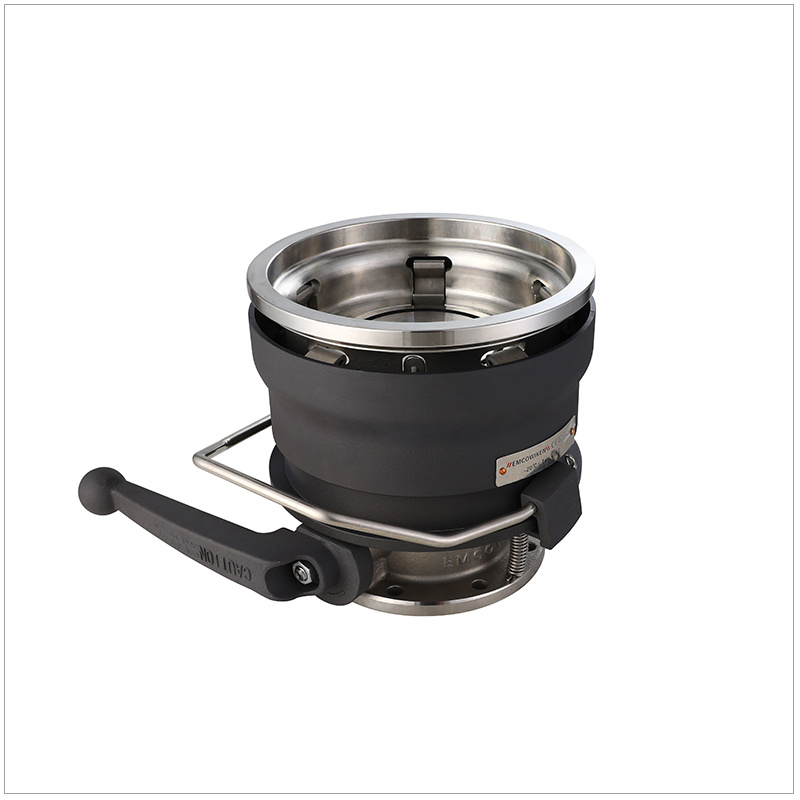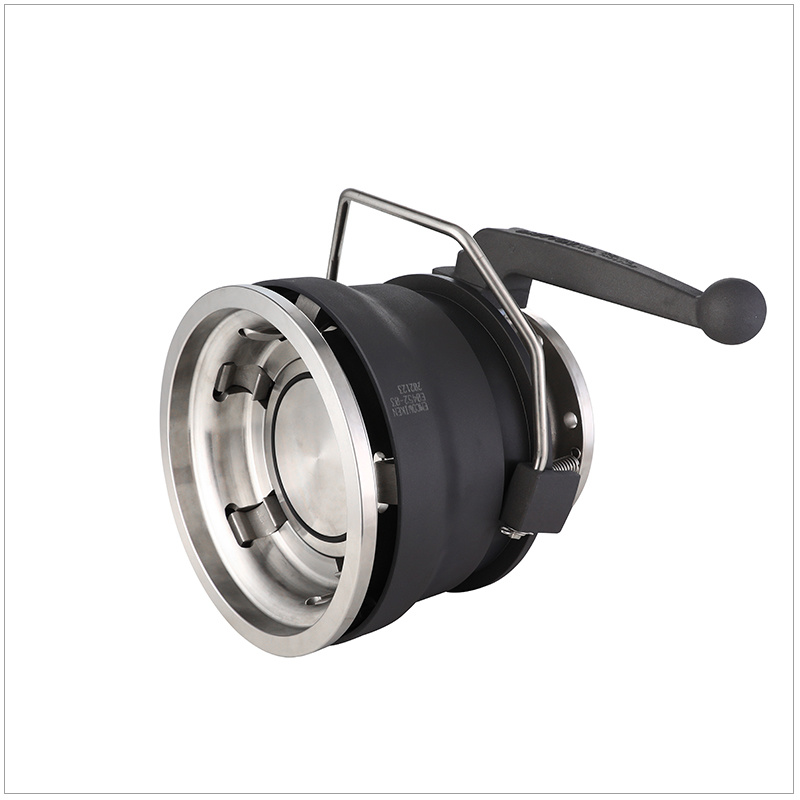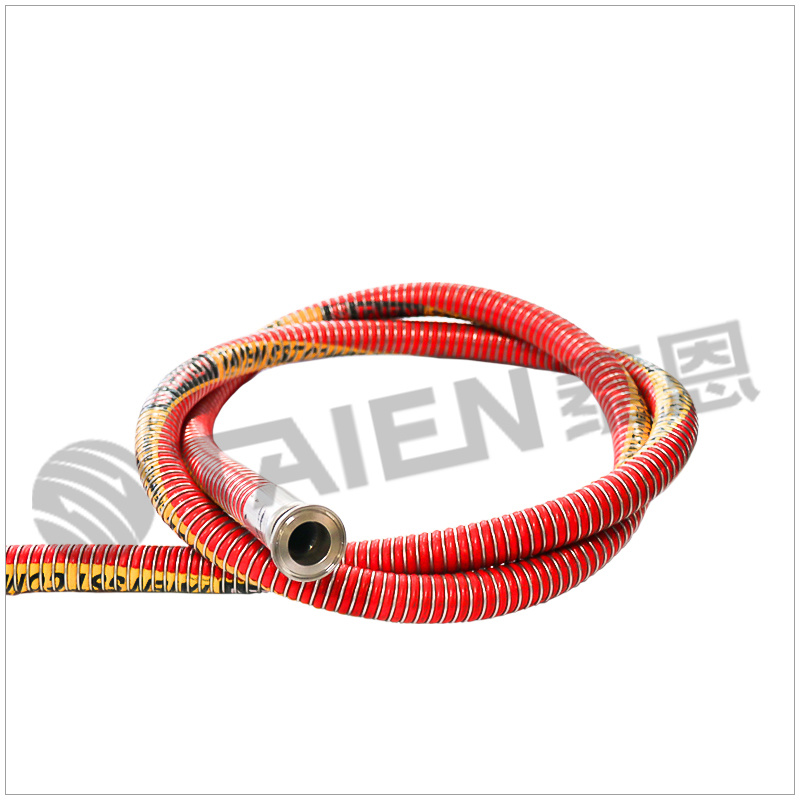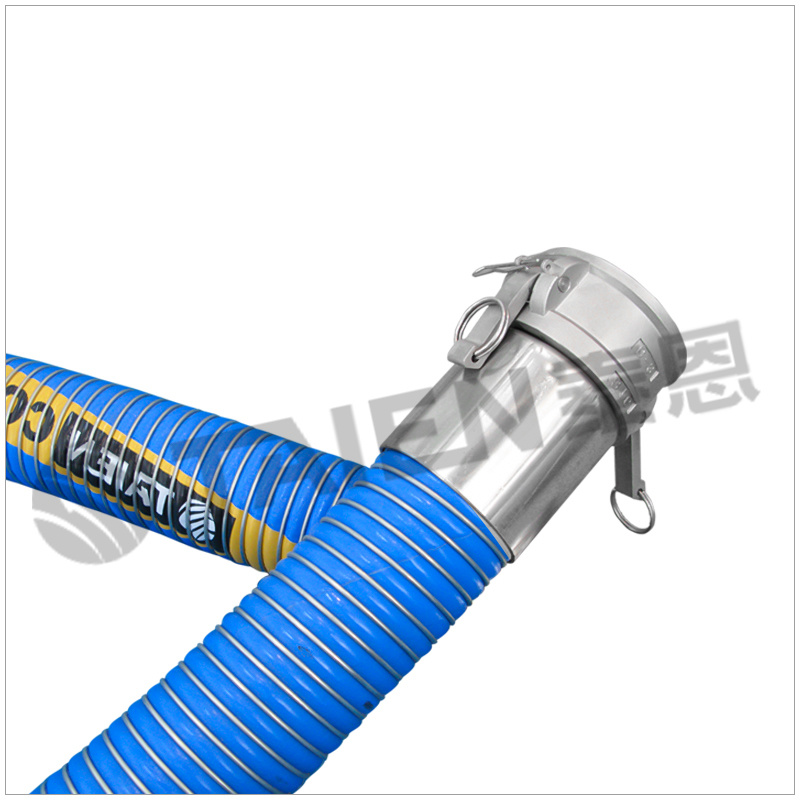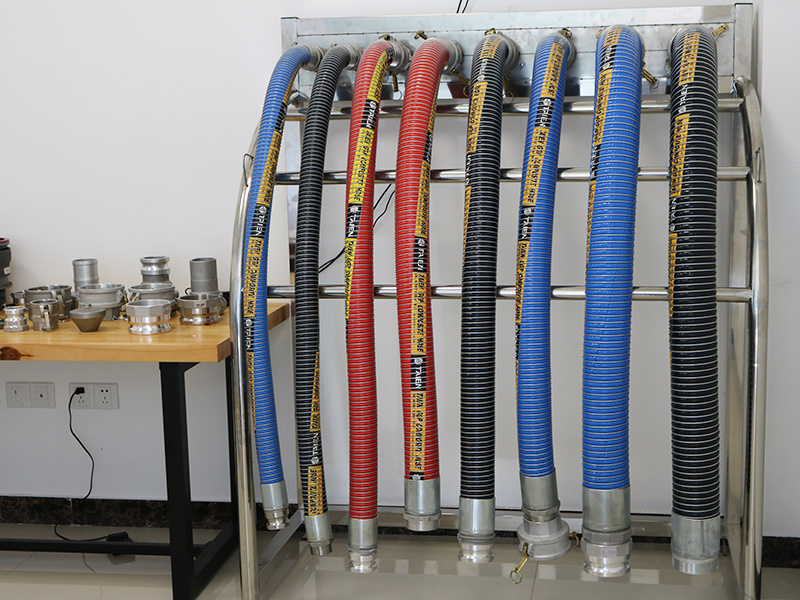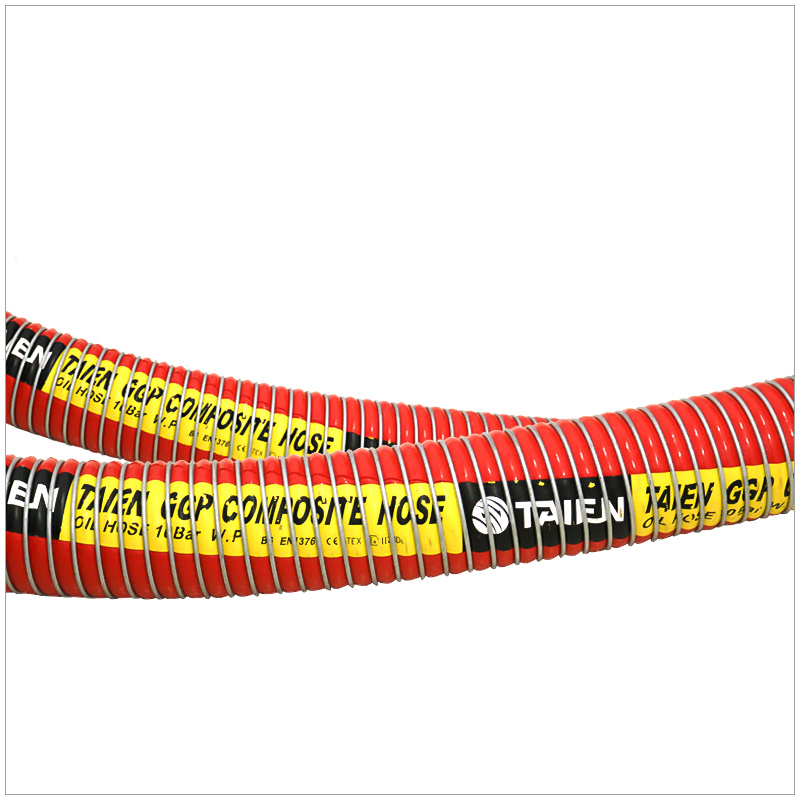API Special Gas Recovery Connectors vs. Traditional Connectors: Understanding the Key Differences
Release time:
2025-07-22
Author:
Source:
Abstract
API Special Gas Recovery Connectors vs. Traditional Connectors: Understanding the Key Differences
Table of Contents
1. Introduction to Connectors
2. What are API Special Gas Recovery Connectors?
3. Advantages of API Special Gas Recovery Connectors
4. Traditional Connectors Explained
5. Benefits of Traditional Connectors
6. Key Differences Between API and Traditional Connec
API Special Gas Recovery Connectors vs. Traditional Connectors: Understanding the Key Differences
Table of Contents
- 1. Introduction to Connectors
- 2. What are API Special Gas Recovery Connectors?
- 3. Advantages of API Special Gas Recovery Connectors
- 4. Traditional Connectors Explained
- 5. Benefits of Traditional Connectors
- 6. Key Differences Between API and Traditional Connectors
- 7. Applications of API and Traditional Connectors
- 8. Choosing the Right Connector for Your Needs
- 9. Frequently Asked Questions
- 10. Conclusion
1. Introduction to Connectors
In the world of hardware and fittings, **connectors** play a pivotal role in ensuring the efficient transfer and recovery of gases. With applications in various industries, it's essential to understand the types of connectors available and their specific use cases. Among these, **API Special Gas Recovery Connectors** and **traditional connectors** stand out for their unique characteristics and functionalities. This article will delve into the differences between these two types of connectors, highlighting their advantages, applications, and how to choose the best option for your needs.
2. What are API Special Gas Recovery Connectors?
**API Special Gas Recovery Connectors** are advanced fittings designed to facilitate the efficient recovery of gases in various applications, primarily within the oil and gas industry. Developed in accordance with the **American Petroleum Institute (API)** standards, these connectors ensure high performance, safety, and reliability.
API connectors are engineered for specific tasks, including:
- Facilitating the transfer of gases from one system to another
- Ensuring minimal leakages during gas recovery operations
- Meeting stringent safety standards to prevent accidents
These connectors often feature unique designs and materials, making them suitable for high-pressure and high-temperature environments.
3. Advantages of API Special Gas Recovery Connectors
The adoption of API connectors presents numerous advantages, particularly for industries that prioritize safety and efficiency. Here are some of the key benefits:
- **Enhanced Leak Prevention**: API connectors are designed with advanced sealing technologies that minimize leakage, ensuring safe operation.
- **High Durability**: Made from robust materials, API connectors can withstand harsh environmental conditions, making them suitable for demanding applications.
- **Compliance with Standards**: These connectors adhere to API industry standards, ensuring safety and reliability during gas recovery operations.
- **Versatility**: API connectors can be used across a wide range of applications, from oil extraction to gas storage, making them a versatile choice for various industries.
4. Traditional Connectors Explained
**Traditional connectors** refer to standard fittings commonly used in numerous industries for connecting pipes, hoses, and other components. These connectors typically include:
- Barbed fittings
- Compression fittings
- Flanged connectors
Traditional connectors have been widely used due to their simplicity and cost-effectiveness. However, they may not always meet the stringent requirements of specialized applications, particularly in high-stakes environments like the oil and gas sector.
5. Benefits of Traditional Connectors
While API connectors offer specialized advantages, traditional connectors also have their merits:
- **Cost-Effective**: Traditional connectors are generally less expensive than API connectors, making them a more budget-friendly option for many applications.
- **Ease of Use**: These connectors are often easier to install and require less specialized knowledge, making them accessible for a broader range of users.
- **Availability**: Traditional connectors are widely available and can be sourced from various suppliers, ensuring quick access to necessary components.
- **Simplicity**: The straightforward design of traditional connectors often leads to simpler maintenance and repair processes.
6. Key Differences Between API and Traditional Connectors
Understanding the differences between API special gas recovery connectors and traditional connectors is essential for making informed decisions. Here are the primary distinctions:
Design and Construction
API connectors are specifically engineered to handle gas recovery applications, while traditional connectors may lack the specialized designs needed for such tasks.
Material Quality
API connectors utilize high-grade materials to withstand extreme conditions, whereas traditional connectors may use more standard materials that are not suitable for high-pressure applications.
Performance Standards
API connectors must adhere to strict industry standards, ensuring safety and reliability, while traditional connectors may not meet the same rigorous requirements.
Applications
API connectors are ideal for specialized applications in the oil and gas industry, while traditional connectors are more versatile but may not deliver the same performance in high-stake environments.
7. Applications of API and Traditional Connectors
Both API special gas recovery connectors and traditional connectors have their respective applications:
Applications of API Special Gas Recovery Connectors
- Oil and gas extraction
- Chemical processing
- Environmental recovery operations
- High-pressure gas transfer systems
Applications of Traditional Connectors
- Water supply systems
- HVAC systems
- General plumbing applications
- Low-pressure gas systems
Understanding the applications of each connector type will guide you in selecting the right fit for your specific needs.
8. Choosing the Right Connector for Your Needs
Selecting the appropriate connector depends on various factors, including:
- **Application requirements**: Determine whether your project demands specialized performance or if standard options suffice.
- **Budget constraints**: Assess your financial limits and weigh the cost-effectiveness of traditional connectors against the benefits of API connectors.
- **Environmental conditions**: Consider the operational environment and select connectors that can withstand the specific conditions your application will face.
- **Compliance with regulations**: Ensure that the connectors chosen meet the necessary safety and industry standards required for your project.
Choosing wisely will ensure the longevity and effectiveness of your systems.
9. Frequently Asked Questions
1. What is the primary function of API special gas recovery connectors?
API special gas recovery connectors are designed to facilitate the safe and efficient recovery of gases in high-pressure environments, adhering to strict industry standards.
2. Are traditional connectors suitable for high-pressure applications?
Traditional connectors may not be suitable for high-pressure applications as they often lack the specialized design and material quality required in such environments.
3. How do I know if I need API connectors for my project?
If your project involves gas recovery operations in demanding environments, API connectors are likely necessary to ensure safety and reliability.
4. Can traditional connectors be used in gas recovery applications?
While traditional connectors can be used in some gas applications, they may not provide the same level of safety and performance as API connectors.
5. What factors should I consider when choosing a connector?
Consider application requirements, budget constraints, environmental conditions, and compliance with regulations when selecting a connector.
10. Conclusion
In summary, both **API Special Gas Recovery Connectors** and **traditional connectors** have their unique advantages and applications. API connectors are specialized for high-performance gas recovery in demanding environments, while traditional connectors offer simplicity and cost-effectiveness for general use. Understanding the differences and applications of each type will enable you to make informed decisions that enhance the safety and efficiency of your projects. As technology continues to evolve, staying informed about advancements in connector technology will further empower your selection process for your specific needs.
Recommended Reading







